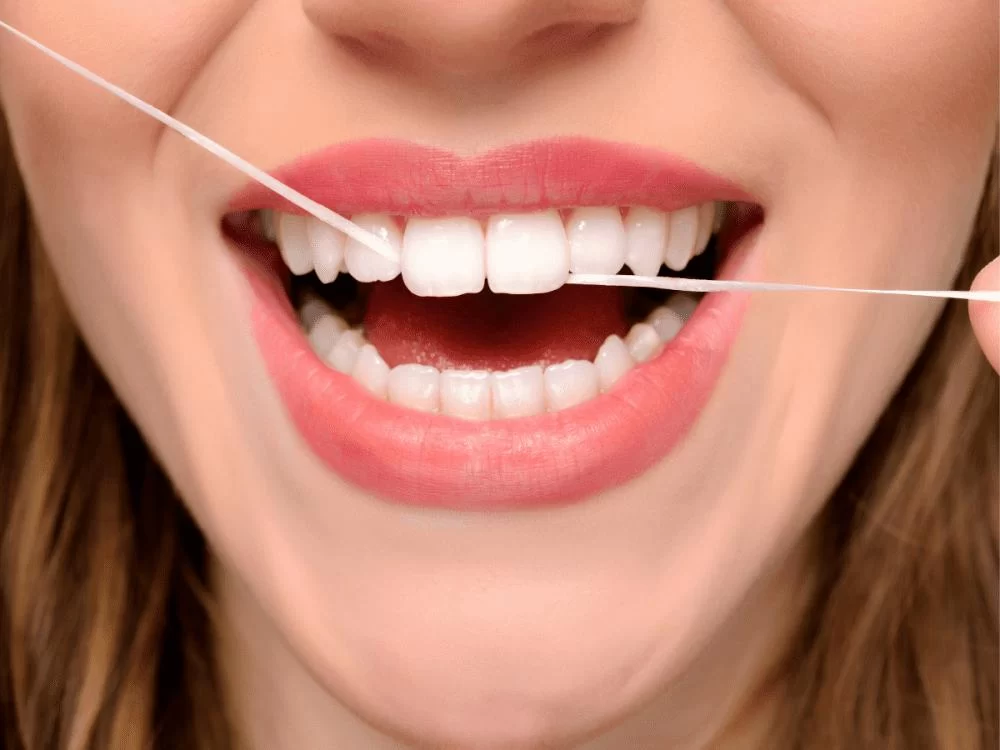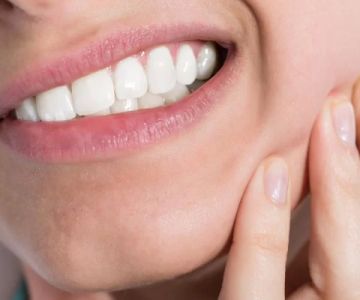
Why Regular Flossing is Essential to Prevent Tooth Decay
Flossing is one of the simplest yet most effective steps in maintaining optimal oral health. While brushing your teeth is essential, it only cleans the surfaces of your teeth, missing the spaces in between where plaque and food particles can accumulate. These areas are often overlooked, leading to the buildup of harmful bacteria that cause tooth decay, gum disease, and other oral health issues. Regular flossing helps prevent these problems, ensuring that your teeth stay healthy and your smile remains bright.
The Connection Between Flossing and Tooth Decay
Tooth decay occurs when plaque, a sticky film of bacteria, builds up on your teeth. Over time, the bacteria in plaque produce acids that erode the enamel, leading to cavities. Flossing helps to remove plaque and food particles from between your teeth and along the gum line, areas that are often hard to reach with a toothbrush alone. Without flossing, this plaque buildup can lead to the formation of cavities, which may require fillings or more extensive dental treatment if left untreated.
The Role of Flossing in Gum Health
Regular flossing is also vital for maintaining healthy gums. Gum disease, which starts as gingivitis, can develop when plaque is allowed to accumulate along the gum line. This condition causes irritation, inflammation, and bleeding of the gums. If left untreated, gingivitis can progress into more severe forms of gum disease, such as periodontitis, which can lead to tooth loss. By flossing daily, you help prevent the buildup of plaque and bacteria around the gums, significantly reducing the risk of gum disease.
How to Floss Correctly
Many people underestimate the importance of flossing and may not perform the technique correctly. It's essential to understand the proper way to floss to maximize its benefits. Here are some simple steps to help you floss effectively:
1. Choose the Right Floss
There are various types of dental floss available, including waxed and unwaxed floss, as well as floss picks and tape. Choose the one that best suits your needs. Waxed floss may slide more easily between tightly spaced teeth, while unwaxed floss can be more effective at removing plaque. If you have braces or dental work, consider using a floss threader or an interdental brush to clean between your teeth.
2. Use the Proper Technique
Take about 18 inches of floss and wrap most of it around your middle fingers, leaving a small section to work with. Hold the floss tightly between your thumbs and index fingers, gently sliding it between your teeth. When you reach the gum line, curve the floss into a C shape against one tooth, moving it gently up and down. Repeat this process for each tooth, using a clean section of floss each time. Be sure not to snap the floss between your teeth, as this can cause injury to your gums.
3. Don’t Forget the Back Teeth
It’s easy to overlook the back teeth when flossing, but they are just as susceptible to plaque buildup as the front teeth. Be sure to floss behind your back teeth, taking care to clean the entire surface of each tooth, including the areas near the gums. These areas are often the first to develop cavities if not properly cleaned.
The Benefits of Regular Flossing
While many people may brush their teeth diligently, flossing often gets neglected. However, incorporating flossing into your daily routine offers a multitude of benefits for your oral health.
1. Prevents Cavities and Tooth Decay
Flossing is an essential part of cavity prevention. By removing food particles and plaque from between your teeth, flossing prevents the buildup of harmful bacteria that cause cavities. Plaque can also turn into tartar if not removed, which can only be cleaned by a dentist. By flossing regularly, you prevent the formation of plaque and tartar, keeping your teeth clean and decay-free.
2. Reduces the Risk of Gum Disease
Gum disease is one of the leading causes of tooth loss in adults. Flossing regularly helps to reduce your risk by removing plaque from the gum line, preventing inflammation and infection. Healthy gums are essential for keeping your teeth in place and supporting overall oral health.
3. Promotes Fresh Breath
Bad breath is often caused by food particles and bacteria trapped between your teeth. Flossing removes these particles, helping to freshen your breath. If you want to maintain fresh breath throughout the day, flossing after meals is a great habit to adopt.
4. Enhances Overall Health
Oral health is closely linked to overall health. Poor oral hygiene has been associated with various health conditions, including heart disease, diabetes, and respiratory infections. Regular flossing not only improves your oral health but can also contribute to better overall health by reducing the risk of these systemic conditions.
Real-Life Stories: The Difference Flossing Can Make
Many individuals have experienced the benefits of regular flossing firsthand. Take the story of Mark, who was always diligent about brushing his teeth but never made flossing a habit. "I didn’t think it was that important," Mark says. "But after visiting my dentist for a routine cleaning, I was shocked to find out I had early signs of gum disease. My dentist suggested I start flossing every day, and within a few months, my gums were healthier, and my teeth felt cleaner." Mark’s experience is a common one, as many people don’t realize the impact that flossing can have on their oral health until it’s too late.
Flossing Myths and Facts
There are several myths surrounding flossing that can prevent people from adopting this essential habit. Let's debunk some of the most common myths:
- Myth: Flossing is unnecessary if you brush regularly.
- Fact: Brushing alone doesn’t clean between your teeth. Flossing is essential to remove plaque and food particles from those hard-to-reach areas.
- Myth: Flossing can damage my gums.
- Fact: When done correctly, flossing should not harm your gums. If you experience bleeding or discomfort, you may not be flossing correctly or could have underlying gum issues that need to be addressed by a dentist.







 Westgate Dental Arts
Westgate Dental Arts Coventry Family Dental
Coventry Family Dental Familia Dental
Familia Dental Dr. Daniel S. Fife, DDS
Dr. Daniel S. Fife, DDS Dentistry At Suburban Square: Michael I. Wollock, DMD
Dentistry At Suburban Square: Michael I. Wollock, DMD Comfort Care Dental
Comfort Care Dental The Importance of Oral Health Education During Pregnancy for a Healthy Pregnancy
The Importance of Oral Health Education During Pregnancy for a Healthy Pregnancy Why Skipping Dental Checkups Can Lead to Bigger Oral Health Problems
Why Skipping Dental Checkups Can Lead to Bigger Oral Health Problems Advantages of Porcelain Dental Restorations
Advantages of Porcelain Dental Restorations Best Tips for Brushing Your Teeth Properly for Healthy Gums: Essential Techniques for Oral Health
Best Tips for Brushing Your Teeth Properly for Healthy Gums: Essential Techniques for Oral Health How Can Diabetes Cause Tooth and Gum Problems? Preventing and Managing Oral Health Issues
How Can Diabetes Cause Tooth and Gum Problems? Preventing and Managing Oral Health Issues Healthy Habits for Promoting Good Oral Health and Hygiene: Tips for a Healthy Smile
Healthy Habits for Promoting Good Oral Health and Hygiene: Tips for a Healthy Smile